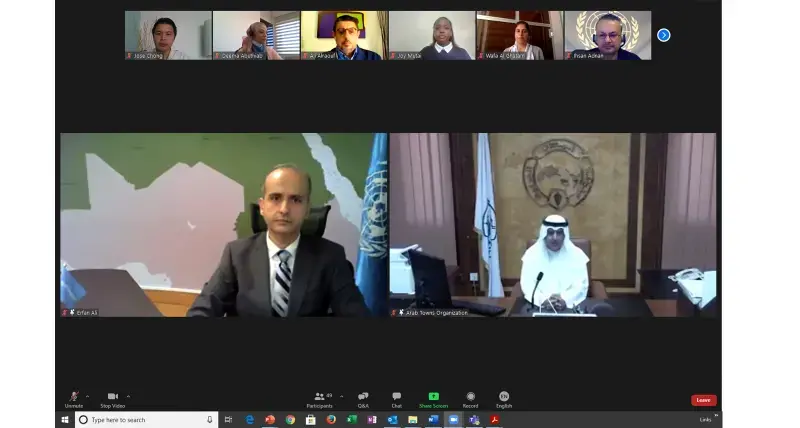Overview
If cities want to become truly sustainable, they will have to be shaped and defined by their public spaces – this is particularly relevant in recently post-conflict cities in the process of rapid development and redefinition. The Programme undertook comprehensive participatory processes for designing selected public spaces using Minecraft to raise awareness on public space development and management, urban safety and accessibility for all and engage citizens in urban design solutions development. The programme delivered the first skatepark of Pristina. The experience demonstrated a vast civic mobilization, also boosted by innovative and diverting engagement tools, and an opportunity to strengthen municipal capacities for inclusive project development and community outreach. The programme also contributed to enhanced and constructive inter-ethnic interaction through the lenses of upgrading quality of life/ public spaces, economic opportunities and connectivity within the city with the youth community, Serbian, Albanian and Roma.
The programme also pioneered the development of Public Space Profiles for both capital cities laying the ground for further development of a city-wide strategy and the localisation of public space related indicators of SDG11.
The programme is implemented in Pristina and Mitrovica North (Kosovo) and Skopje (North Macedonia).
